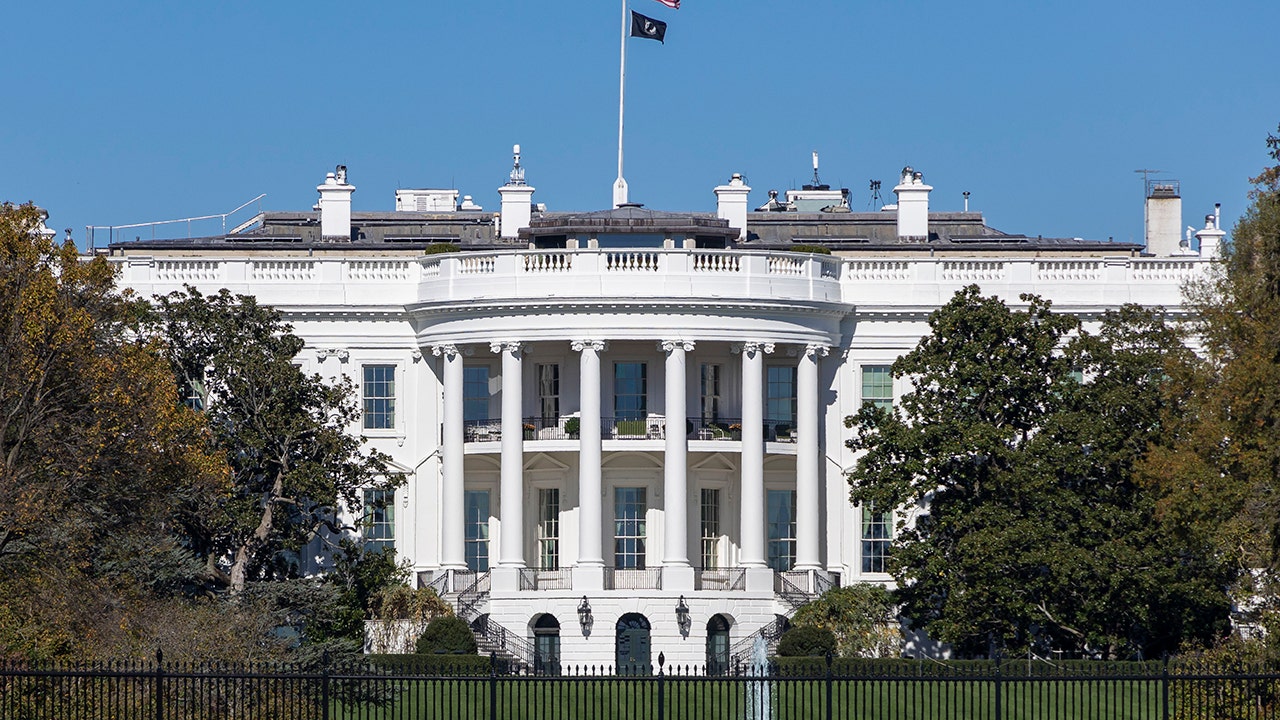The Biden-Harris administration waived sanctions on Iran three days after the November election, providing Tehran access upward of $10 billion in once-frozen funds, according to a copy of the non-public order transmitted to Congress and reviewed by the Washington Free Beacon.
Secretary of State Antony Blinken determined on November 8 that “it is in the national security interest of the United States” to waive mandatory economic sanctions that bar Iraq from transferring upward of $10 billion to Iran in electricity import payments.
The Biden-Harris administration has renewed the waiver repeatedly over the objections of congressional Republicans, who warned that the cash helped fuel terrorism and Iran’s war against Israel. In one case, the administration signed off on the sanctions relief one month after Hamas’s October 7 attack on Israel.
The most recent iteration of the waiver lifts sanctions for 120 days, at which time the incoming Trump administration will have to decide whether Tehran will continue receiving the relief.
Though the first Trump administration did green-light the same waiver—causing tension with some congressional Republicans—it narrowly tailored the waiver to restrict Iranian access to the cash. The Biden State Department tweaked the waiver last year to allow Tehran to convert the funds from Iraqi dinars to euros, then hold those euros in bank accounts based in Oman. Access to a widely traded currency like the euro enables Iran to more easily spend the cash in international markets. Under the first Trump administration, Iran had to keep the cash in an escrow account in Baghdad, making it more difficult to access.
The State Department confirmed last week that it issued the waiver.
“We remain committed to reducing Iran’s malign influence in the region,” State Department deputy spokesman Vedant Patel told reporters during a briefing. “Our viewpoint is that a stable, sovereign, and secure Iraq is critical to these efforts.”
The Biden State Department maintains that Iran is only permitted to use the funds for humanitarian needs, including medicines and other supplies. Republican critics argue that money is fungible, meaning that Tehran will have an easier time diverting its dwindling cash reserves to its regional terror proxies, such as Hamas, Hezbollah, and the Houthi rebels in Yemen, should it have access to the sanctioned cash for other purposes.
The State Department declined to comment further.
President-elect Donald Trump, who nearly bankrupted Iran during his first term in office, has pledged to restart his “maximum pressure” campaign on Tehran. Richard Goldberg, a former White House National Security Council member who worked the Iran portfolio, welcomed that pledge.
“Joe Biden and his team are taking credit for bringing down Assad just a few weeks after renewing a sanctions waiver to give Iran access to billions of dollars,” Goldberg said. “Give me a break. This policy of appeasement needs to end on January 20, and locking down these accounts so Iran can’t get access should be priority one.”
Read the full article here










